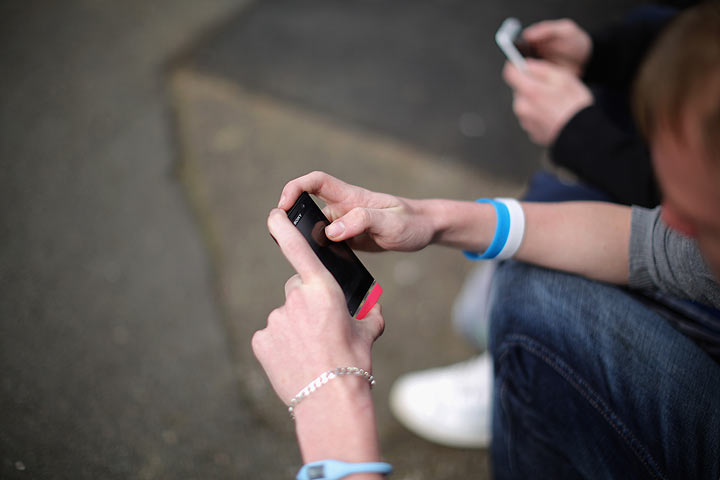TORONTO – Adding anti-theft features such as the highly-debated smartphone “kill switch” to devices could save consumers up to US$2.6 billion per year, according to a new study.

The U.S.-based study, conducted by Dr. William Duckworth at Creighton University in Nebraska, estimated that Americans spend about $580 million per year on replacing stolen smartphones and about $4.8 billion on insurance from wireless carriers.
Based on the assumption that kill switches – which would remotely erase all the data on a lost or stolen phone – would help crack down on smartphone theft by lowering the incentive for thieves. Consumers also wouldn’t have to spend extra cash on replacements and expensive monthly insurance policies.
“If the Kill Switch significantly reduced cell phone theft, consumers could save about $580 million a year from not needing to replace stolen phones and another $2 billion a year by switching from premium cell phone insurance (offered by the wireless carriers) to more basic coverage offered by third parties such as Apple and SquareTrade,” read the study.
READ MORE: Debate over cellphone kill switches heats up in Canada
Though the study is based on U.S. figures, it will no doubt catch the attention of Canadians who have been the victim of smartphone theft. In Vancouver, police say the crime has reached “epidemic levels” and Toronto Police have warned the crime can often become violent.

Get breaking National news
The volume of cellphone-related robberies in Canada has prompted police agencies and the Canadian Wireless Telecommunications Association (CWTA) to open the smartphone “kill switch” debate north of the border.
But the CWTA maintains that “dozens” of issues surrounding kill-switch technology need to be addressed before the industry can be sure it’s right for consumers.
In an email to Global News, a CWTA spokesperson cited privacy and liability issues, as well as personal, government and national security concerns as areas that need to be addressed before kill switches are implemented in all phones.
READ MORE: U.S. carriers reject ‘kill switch’ for stolen phones
“Who would be liable for that kill switch, how it could be used, who could use it, who could launch a kill switch, how many phones could you kill at the same time? Those are all important questions that have not been answered by anyone,” Bernard Lord, president of the CWTA, told Global News in March.
But Duckworth’s study also found that the majority of smartphone owners not only support the idea of the smartphone kill switch; they expect manufactures to start pre-installing it on all phones.
According to a survey of 1,200 smartphone owners, 99 per cent felt wireless carriers should give customers the option to disable their phone in the event it was stolen and 83 per cent believe the kill switch would reduce smartphone theft.
Could digital wallets drive the need for smartphone kill switches?
Consumers itching for added security features on their devices could be just what device manufacturers are hoping for, according to one expert.
Neil Bearse, associate director of marketing at Queens University, believes that organizations like the CWTA will soon be forced to make a decision on the smartphone kill switch debate as tech companies move consumers closer to the digital wallet.
Bearse believes that by implementing added security features like biometric fingerprint scanners, companies like Apple and Samsung are hinting towards a future where our credit cards, drivers licenses, health information and more will be stored on mobile devices.
READ MORE: Lose your smartphone? Its finder is likely to snoop through it
“It will become a major advantage to the manufacturers to put this technology in if only to make customers feel like these devices are secure enough to be trusted as the keeper of your passport, or your medical records – because that’s what this could potentially be used for,” Bearse told Global News.
Bearse believes that kill switches could also be beneficial to manufacturers when it comes to enterprise customers.
“The only cachet that BlackBerry still has left is the notion of security – it’s synonymous with their brand – and that brings with it a lot of business from industry that has sensitive data stored on these devices.”
“If a brand can manage to have this type of security associated with their brand it adds a level of attractiveness to a lot of different sectors.”






Comments